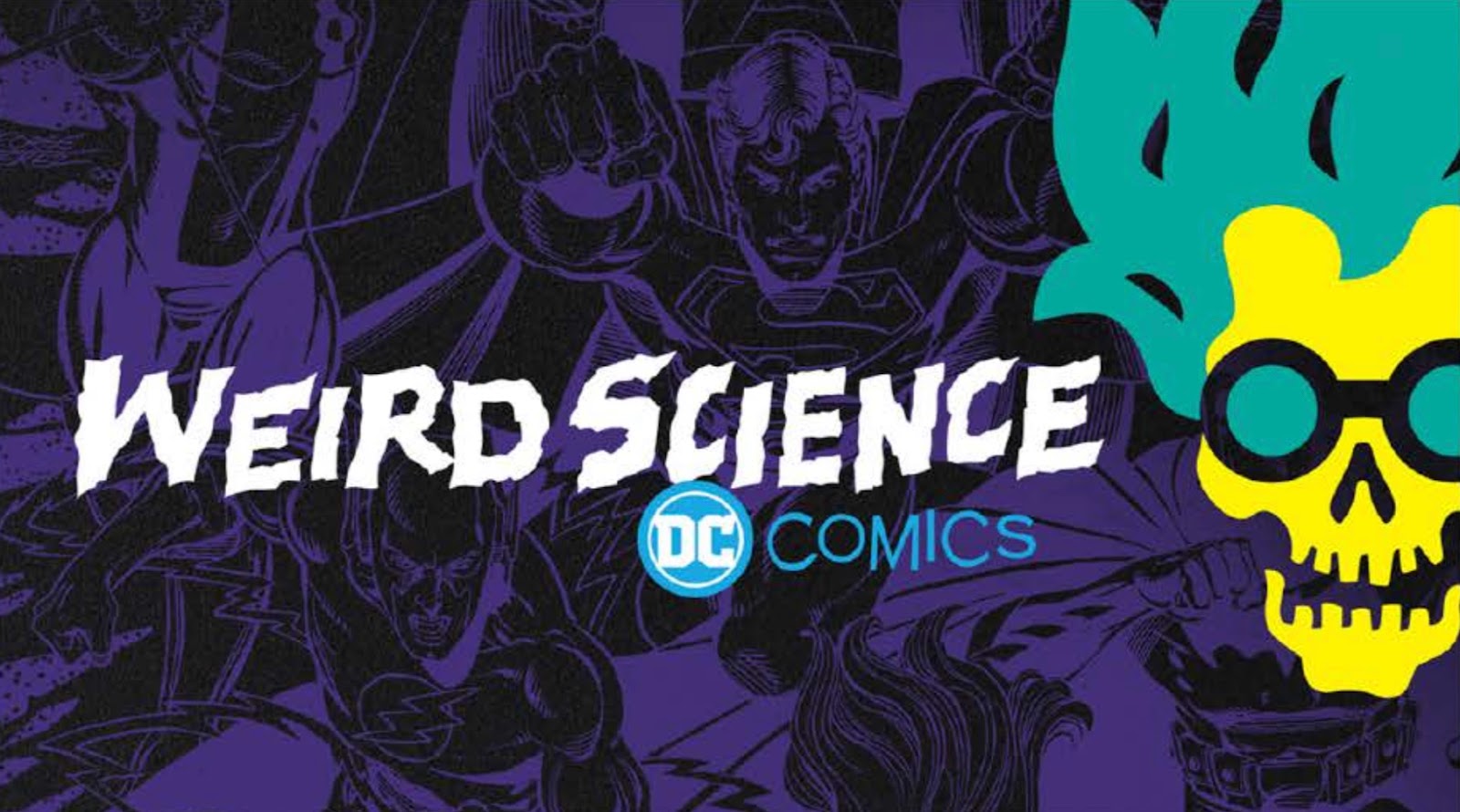Not Exactly The American Dream
Writer: John Ridley
Art Team: Georges Jeanty, Danny Miki, Nick Filardi, &
Travis Lanham
Publisher: Vertigo Comics
Cover Price: $3.99
On Sale Date: July 12, 2017 and August 16, 2017
John Ridley and Georges Jeanty are back with the next
chapter of American Way. The first series, published under the Wildstorm
imprint, took place in 1962 and this one is jumping forward 10 years to 1972.
I’ve never read the original run, but I did enough research to know the general
story from those 8 issues. Being someone that likes reading comics to escape
real life and knowing that these books are based on the political culture of
that time period, I wasn’t going into this book with high expectations. Let’s
jump into these first two issues and see if they changed my mind at all.
But first, in the interest of full disclosure, I am a straight, white male in my 20s that hasn’t gone through much discrimination in my life. History also wasn’t my best subject in school, so I can’t claim to be super knowledgeable on this period in American history. That being said, I understand that racism is a very big issue in this country, and has been for a long time, and I’m not going to knock a book just because it deals with something that hasn’t affected me personally. Okay, now onto the review.
The first issue opens with Jason Fisher, one of the focal
points of the previous series, going after Willie Betts, who’s been taking out
drug pushers, but doing it the wrong way: by killing them. Jason has super-strength
and impenetrable skin, but feels pain like a normal human, meaning he could die
if he endured enough pain. Jason takes out a few of Willie’s men, but can’t
bring in the man himself and ends up getting called a sellout by a bunch of
African Americans outside that think he’s betraying his people by working with
white policemen to take out a black man.
Aside from Jason, there are two other main points of focus
in this book so far. There’s Missy Deveraux, formerly known as Ole Miss. She
has the power to turn back local time and save people’s lives, but every time
she does so it takes three months off of her life span. And then there is Amber
Eaton, formerly known as Amber Waves, an underground radical with Green
Lantern-esque powers. She can create light constructs and force fields, but
they don’t rely on willpower. She is extremely powerful, but also a drug addict
and her powers weaken when she is high.
Jason spends these first two issues conflicted. He wants to
do the right thing, but isn’t sure what that right thing is. He ends up
confronting Willie Betts, letting him die, and saving a racist piece of shit
cop that would’ve died in the explosion. After a trial dismissing all charges
against him, African Americans all over Baltimore start rioting and burning
stores across the city.
Amber Eaton leads an underground group called the People’s
Liberation Front based in Oakland with her boyfriend Daniel. She specializes in
hit-and-run type missions, using her powers to set off explosions inside of government
buildings where nobody will get injured. When the police retaliate and shoot up
their base, killing Daniel and other members of the group, she goes off the
deep end with the drugs. New recruit Nikki Lau tries to get her out of the
drug-induced haze, but Amber refuses and goes on another mission. She goes into
the police precinct and sets off another light bomb, this time killing someone
inside.
Missy Deveraux has settled down for a life outside of
politics since being First Lady of Alabama and a member of the Southern Defense
Corps. Her husband tries to convince her to run for governor, but she initially
refuses. After finding out she has pancreatic cancer and seeing everything
happening with Jason and Amber, she decides to run and bring back the country’s
“heritage.”
This book is very grounded in the racism of 1970s America.
While it may not be something that everyone wants to acknowledge, that racism
was there. John Ridley isn’t gong to apologize for bringing that to the
forefront and telling a story that revolves around the differing ideologies of
that time, even if it is a bit heavy-handed at some points. The art didn’t wow
me, but it was okay. Georges Jeanty’s style fits the dark nature of the story
and doesn’t throw you out of the issues being addressed.
Bits and Pieces:
While this isn’t exactly easy to jump into without having
read the previous Wildstorm run, it does give you just enough background
information to make the characters interesting. It’s not a lighthearted story
by any means, and it’s not trying to be. I personally like a little more fun in
my comics, but that doesn’t make this a bad story by any means. It balances
superhero powers and gritty realism really well, and is sets up a potentially
great story moving forward.
7.0/10





No comments:
Post a Comment